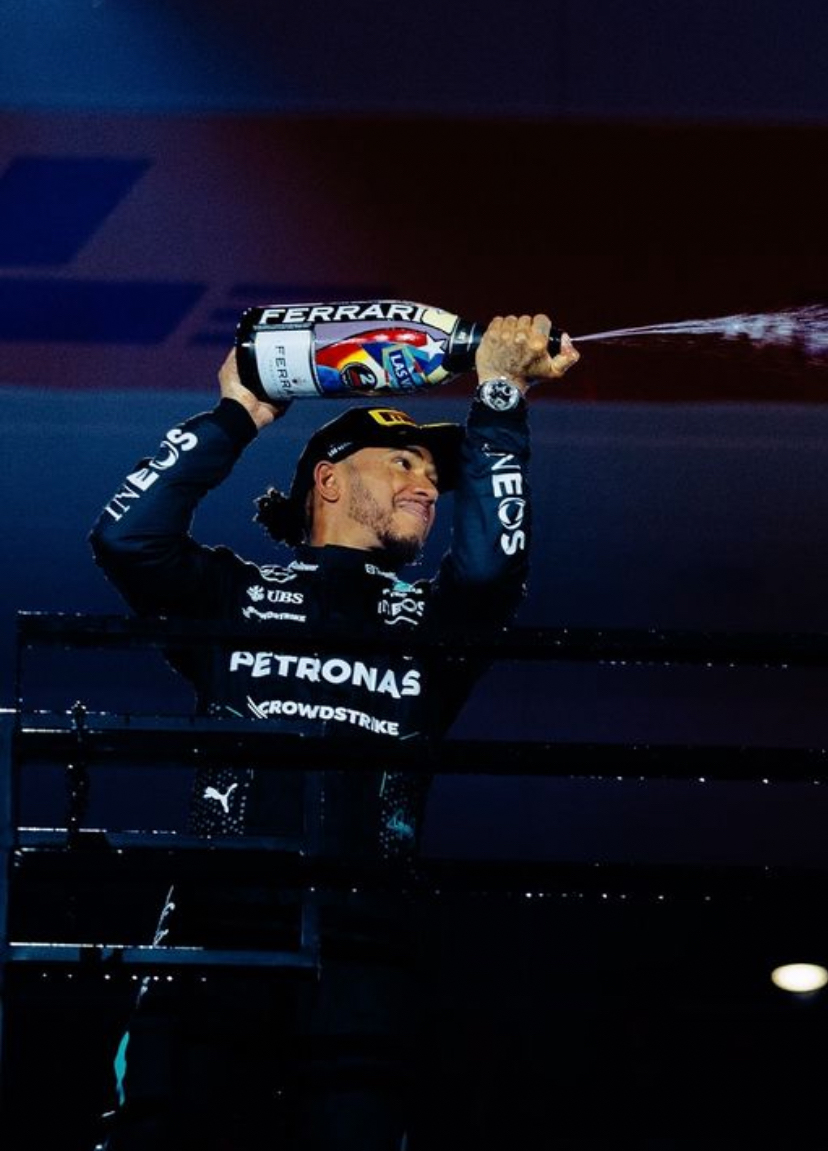How the Safety Car Influences Green Flag Finishes in Formula 1

Formula 1 World Champions: A legacy of racing legends
How does the Safety Car affect the likelihood of a race ending under green flag conditions?
Explore how the Safety Car affects the likelihood of Formula 1 races ending under green flag conditions. Learn about its impact on race dynamics, strategy, and time constraints.
The Safety Car is an integral part of Formula 1's commitment to safety, but its deployment often has far-reaching consequences for race conclusions. While it ensures driver and marshal safety during incidents, it can also alter race dynamics, compress the field, and create strategic opportunities. However, frequent or untimely deployments can reduce the chances of a Grand Prix concluding under green flag conditions, sparking debate among fans and stakeholders.
Understanding the Safety Car
The Safety Car is deployed during hazardous conditions such as crashes, debris on the track, or adverse weather. By neutralizing the race pace and controlling the field, it ensures that marshals can safely address on-track issues. While its primary role is safety, the Safety Car also introduces significant strategic and competitive shifts in the race.
Statistical Influence on Race Outcomes
The deployment of the Safety Car raises an important question: how does it affect the likelihood of races ending under green flag conditions? Key factors influencing this include:
- Neutralization of Race Pace: The Safety Car slows the race to a controlled speed while the clock continues to run. This reduces the total number of racing laps available, particularly during prolonged Safety Car periods.
- Field Compression: By bunching up the cars, the Safety Car eliminates gaps between drivers. While this creates closer racing upon resumption, it also increases the risk of incidents, which could lead to further interruptions.
- Impact on Strategy: Teams often use the Safety Car period to make pit stops due to the reduced time loss. However, this can cause pit lane congestion and raise the risk of unsafe releases, potentially leading to penalties or accidents that further delay the race.
- Time Constraints: Formula 1 races have a maximum time limit of two hours. Extended Safety Car periods eat into this window, reducing the likelihood of green flag laps in the race's closing stages.
- Late Race Interventions: A late Safety Car deployment can result in the race concluding under Safety Car conditions. The controversial 2021 Abu Dhabi Grand Prix exemplifies how late interventions can heavily influence race outcomes.
Challenges and Fan Reactions
While the Safety Car often heightens drama and unpredictability, it also presents challenges:
- Anticlimactic Finishes: Races concluding under the Safety Car can be disappointing for fans seeking a competitive finale.
- Driver Frustrations: Drivers aiming for last-lap battles may find their efforts neutralized by prolonged Safety Car periods.
Fan reactions to Safety Car deployments are mixed, with some appreciating the strategic shifts it creates and others criticizing its impact on green flag finishes.
Conclusion
The Safety Car plays a vital role in ensuring safety during Formula 1 races, but its deployment significantly influences race conclusions. By neutralizing pace, compressing the field, and introducing strategic variables, it reshapes race dynamics. However, frequent or poorly-timed deployments can reduce the chances of green flag finishes, leading to mixed opinions among fans, drivers, and teams.
As Formula 1 evolves, refining the management and timing of the Safety Car will be crucial in balancing safety with the competitive spectacle that defines the sport.
Up Next


